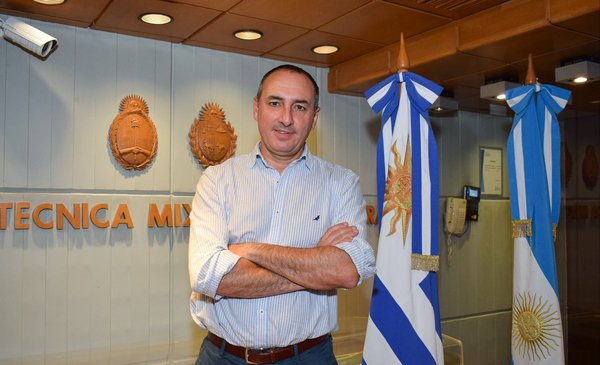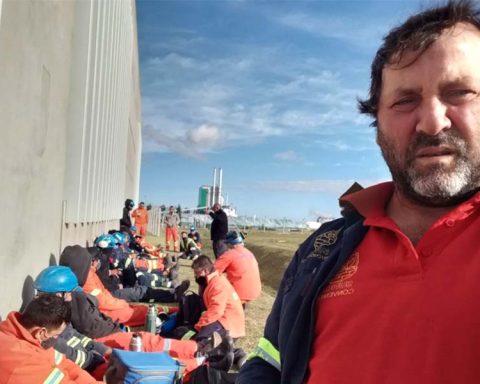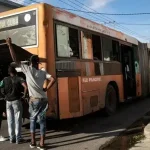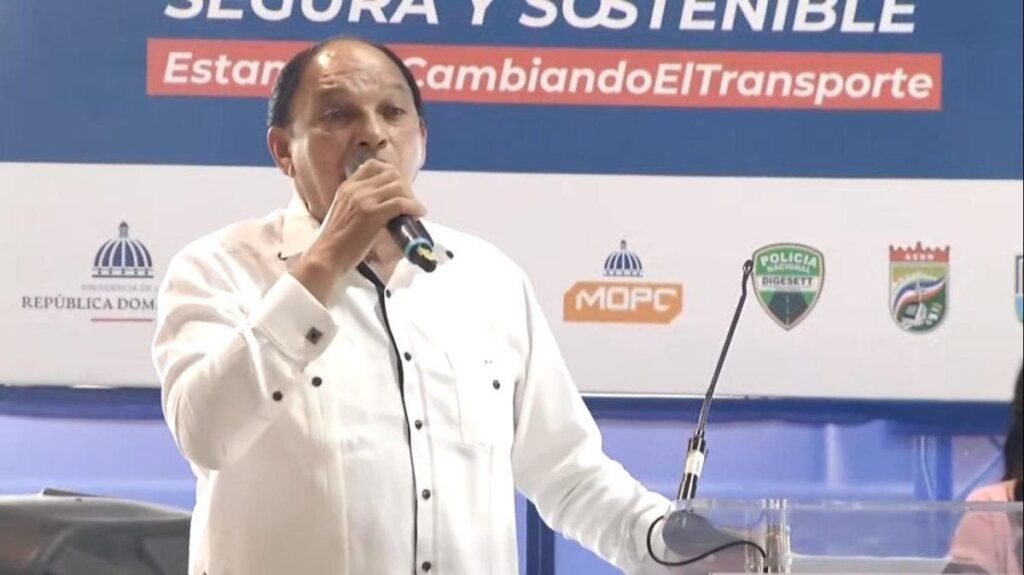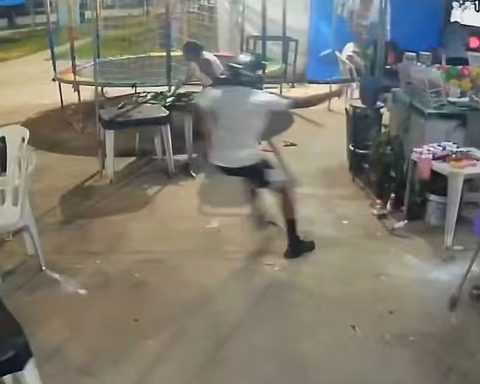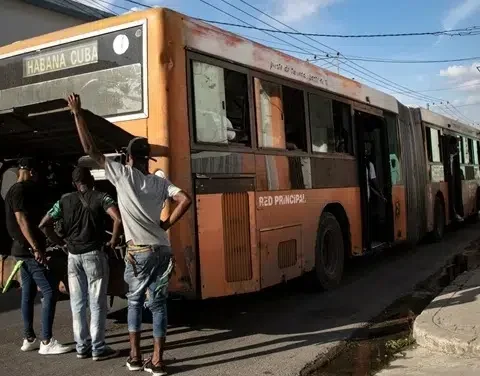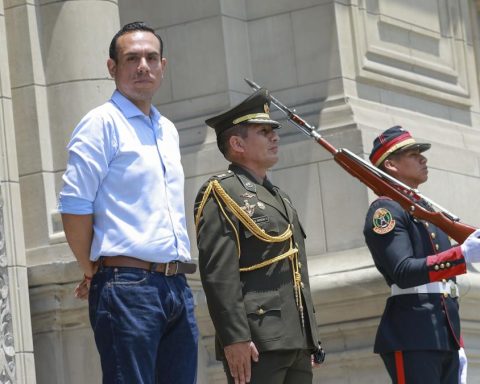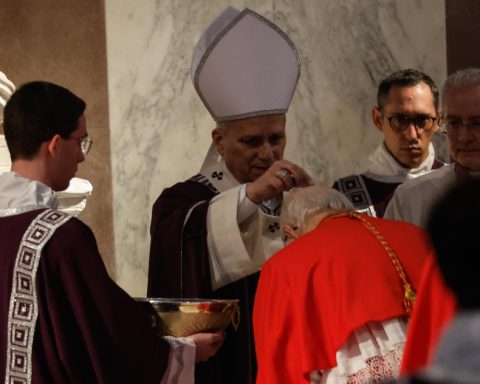The momentum of the logistics hub begins to become a reality, hand in hand with the Mixed Technical Commission (CTM) of Salto Grande, in synergy with the Municipality of Salta.
Carlos Albisu, president of the CTM, stressed that the strategy consists of three parts. In the first place, the works began – prior authorization from the Ministry of Economy – of the multimodal logistics hub that includes the Private Customs Warehouses (DAP). These are spaces in the private administration authorized for goods in transit.
“The second thing is the dry port, and the part of the free shop that will be installed at the Salto Grande border crossing. These days the concession comes out to start operating and working on it,” said Albisu.
Finally, there will be the barge port: “the largest work”, according to Albisu, which already has authorization from the Ministries of Transportation and Public Works, and the Environment. “The only thing missing is that of the Intendancy, because a recategorization of the land must be done,” he added.
Albisu recalled the November meeting in which the mayor of Salto, Andrés Lima, the Colorado senator Germán Coutinho and the deputies of the department, among others, participated. “There we heard the five proposals from five Uruguayan companies for the project in the area. This one that is already under construction was the chosen one. Then we had a meeting with the President of the Republic (Luis Lacalle Pou). Everything comes running quickly, everything walks,” Albisu recalled.
Camila Casas
Carlos Albisu.
In this line, there is an initiative around the extraction of hemp, to locate it within the agro-industrial park that belongs to the Municipality of Salto. “A company with US capital and a leg from Argentina contacted us with that idea; It is an investment of more than US$ 20 million, according to the project. They would need no less than 200 hectares to work”, he explained.
“They choose Salto because it is conducive to planting hemp, because of the sun and the climate; In addition, in the department we have producers with expertise in the entire horticultural part. There are more than four thousand people working in that area”, deepened the president of CTM.
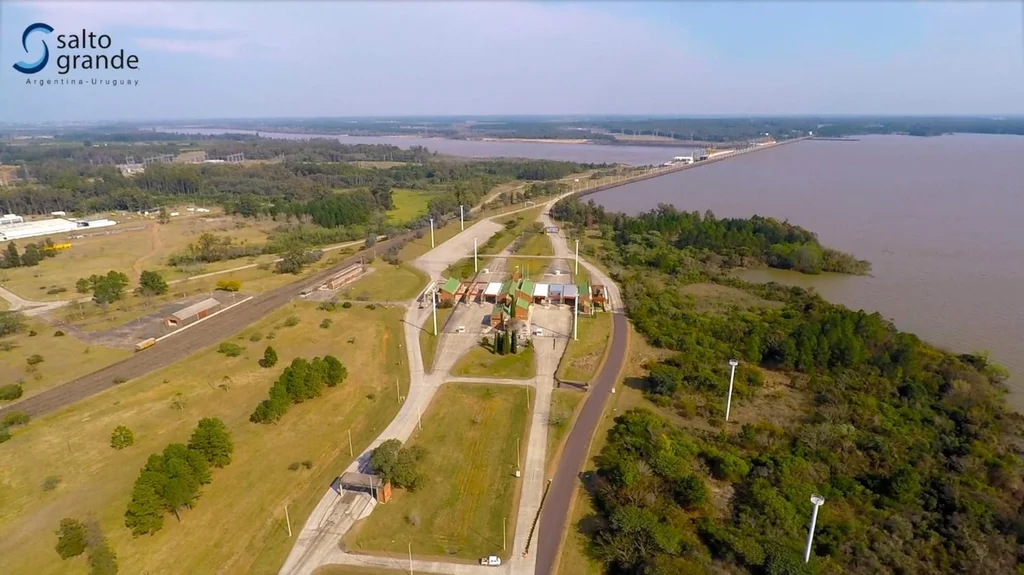
Big jump.
After that communication with these investors, CTM held a meeting with Mayor Lima to process the authorizations before the IRCCA (Institute for the Regulation and Control of Cannabis). “It is another large-scale project,” Albisu stressed.
Based on this dialogue with the commune, the authorization of four residential neighborhoods of Salto is also sought. “That will have to go to the Departmental Board, but I am sure it will have the endorsement of the mayors. Salto has a fairly high unemployment problem, and this type of initiative helps to unblock that situation”, said the hierarch.
contributions to the community
A few days ago, the results of Salto Grande last year were presented, regarding the contribution it makes to the region. Albisu explained that $122 million were contributed to corporate social responsibility policies, in social, sports, educational and cultural areas.
Thus, polyclinics, baby soccer and women’s soccer leagues, and schools, especially rural ones, benefited. “What we do is articulate with the national State,” said the head of CTM.
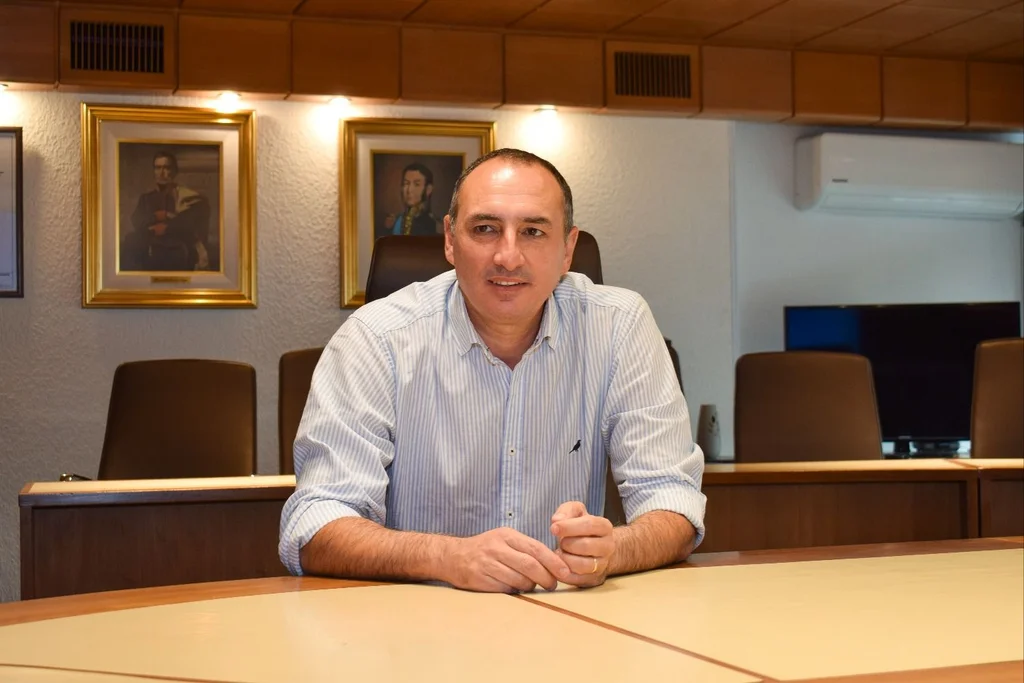
Camila Casas
Carlos Albisu.
Albisu emphasized that all these proposals and initiatives come to complete the original progress objectives of Salto Grande. “It’s something we had planned. Everything had to be thought of for the inhabitants of Salto and Concordia, in the development that was going to take place in the region. First seaworthiness and then power generation. The latter developed very strongly, and today it is one of the main energy generators in Uruguay. That is guaranteed, you work very well, with management, with top-of-the-line technicians”, he continued.
He also highlighted that for the first time CTM has one hundred percent of delegates from the region (two from Salto and one from Paysandú). “We made a call to work on what was thought from the beginning, from education, investment and in coordination with the national government,” he said.
“Epic victory” and the coalition that is here to stay
Albisu also took the opportunity to refer to the victory of the “No” in the recent referendum against 135 articles of the Urgent Consideration Law (LUC), an option for which he militated. The triumph of the “No” in Salto, despite the fact that the administration of that department was won by the Broad Front in 2020, was for the hierarch “an epic victory”.
“It is a very positive result after a very tough election, in which they put all the meat on the grill. It is a result that shows that in Salto, when the coalition comes together, these good results can be achieved. It is a coalition that is here to stay, that should not make the mistakes of the past, such as going to the elections separately,” he concluded.
